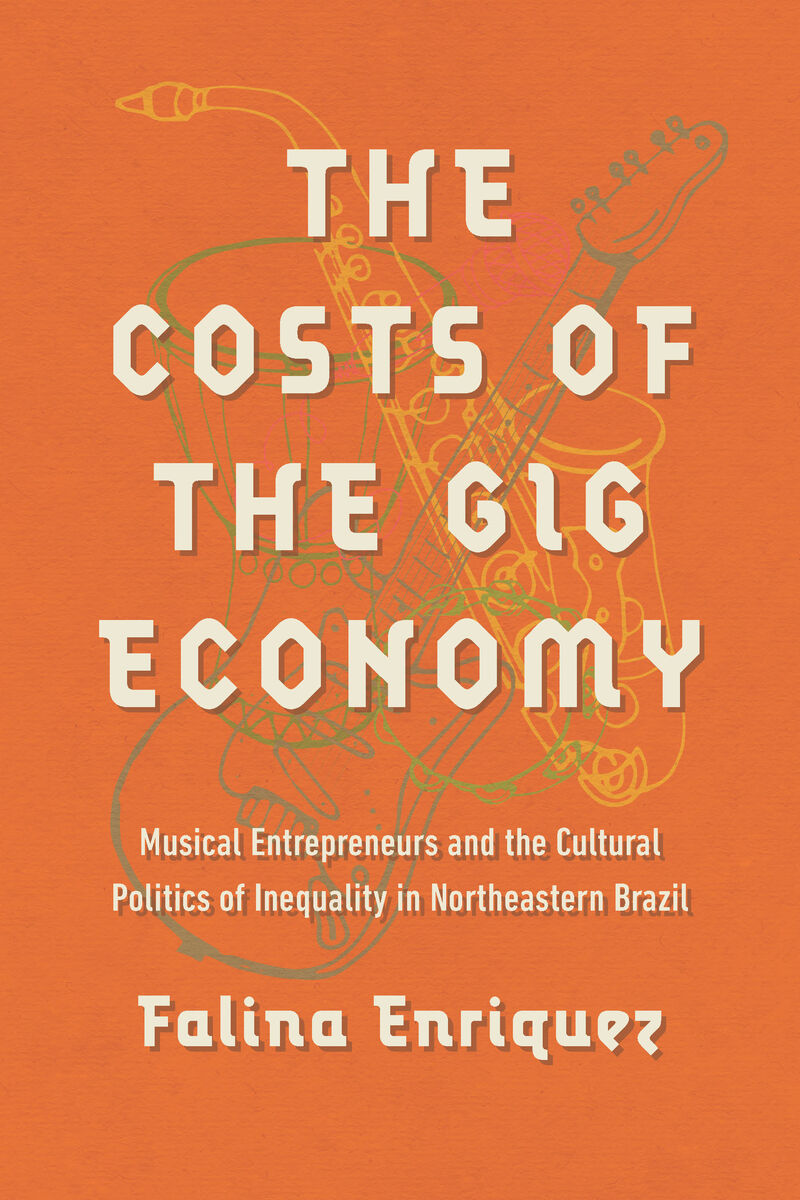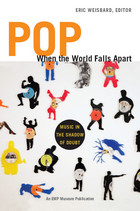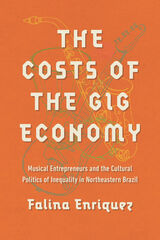Cloth: 978-0-252-04461-8 | eISBN: 978-0-252-05362-7 | Paper: 978-0-252-08668-7
Library of Congress Classification ML3917.B6E67 2022
Dewey Decimal Classification 306.4842098134
Drawing on years of fieldwork, Enriquez shows how forcing artists to adopt “neutral” market solutions reinforces, and generates, overlapping racial and class-based inequalities. Lacking the social and financial resources of their middle-class peers, working-class musicians find it difficult to uphold institutional goals of connecting the city’s cultural roots to global markets and consumers. Enriquez also links the artists’ situation to that of cultural and creative workers around the world. As she shows, musical sponsorship in Recife and the contemporary gig economy elsewhere employ processes that, far from being neutral, uphold governmental and corporate ideologies that produce social stratification.
Rich and vibrant, The Costs of the Gig Economy offers a rare English-language portrait of the changing musical culture in Recife.
See other books on: Business Aspects | Costs | Cultural policy | Musicians | Northeastern Brazil
See other titles from University of Illinois Press






























